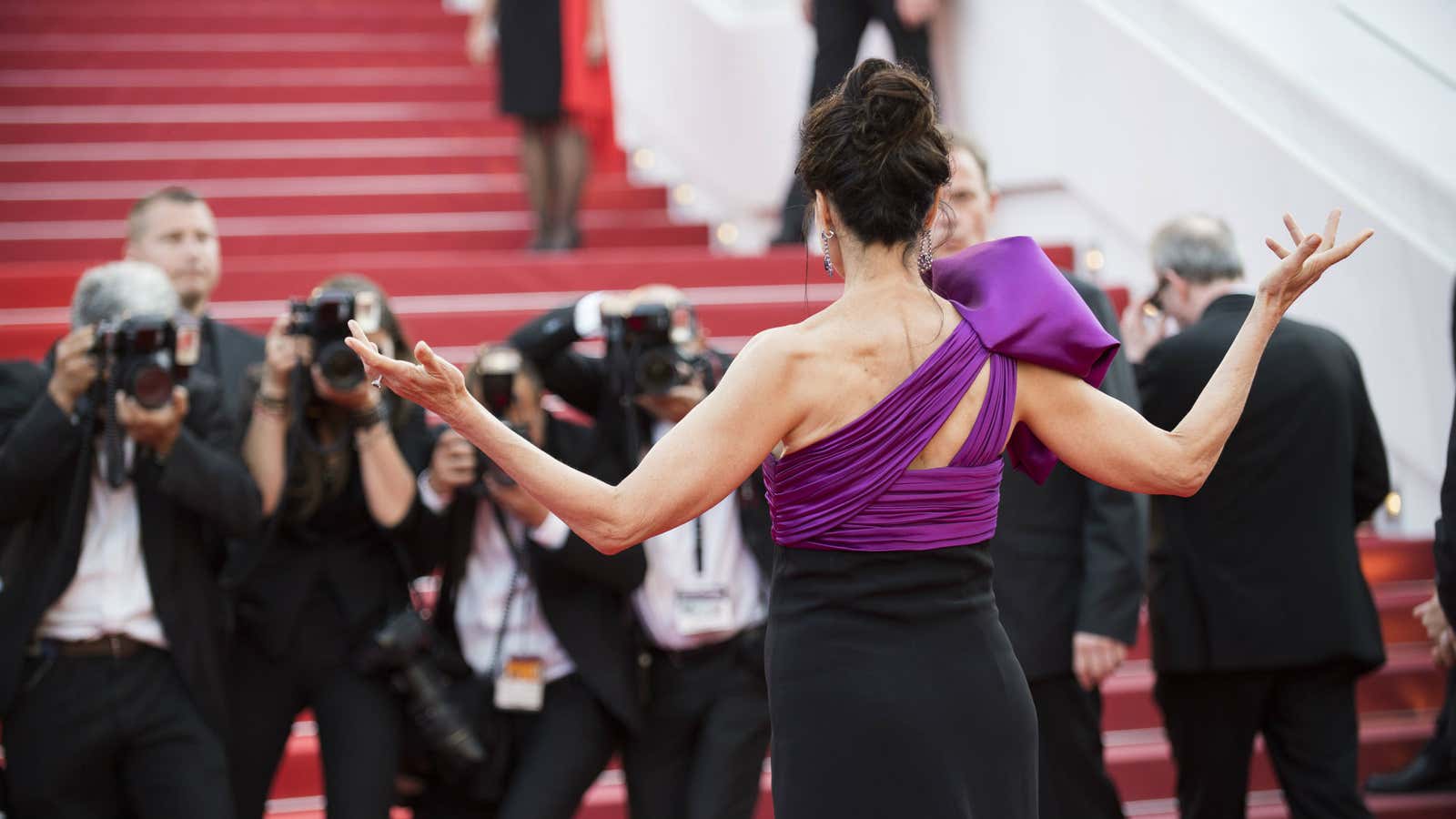Hi! Pardon my appearance—I’ve lost so much weight lately that these old jeans from college are the only ones that fit. How was your weekend? Ours was fine, I guess—we spent the entire time at Taylor’s all-star tournament. Between that, and Pat’s promotion, and McKinley’s coding academy—she just got moved up a level again—it feels like there’s never a free minute.
Boom. You see what I did there? I humblebragged. I wanted you to notice my fit physique, successful partner, and gifted children, but I didn’t want to look like an egotistical monster, so I wrapped my good news up in complaints and false humility instead. It’s the only thing I picked up at Davos that I wasn’t too jet-lagged to remember. (Did it again!)
We are living in a golden age of the humblebrag, a brag disguised as self-deprecation or complaint. It’s a time in which people routinely describe the experience of receiving career- and ego-elevating awards and recognition as “humbling.” In a gig economy where everyone is constantly selling themselves, humblebragging is a highly effective marketing tactic: we can covertly slide our accomplishments across the table without violating social norms against arrogance and self-promotion.
Or so we think. A forthcoming study by researchers from Harvard Business School finds that humblebrags, especially those couched in complaints, in fact come off worse than either regular brags or complaints.
Study subjects were asked to review humblebrags, both those phrased as complaints (“So I have to go to both Emmy awards!!… Two dresses!!!?!?!”) or humility (“Huh. I seem to have written one of Amazon.com’s top 10 books of 2011 (so far). Unexpected”) versus a regular brag (“I am going to both Emmy awards,” “I have written one of Amazon.com’s top 10 books of 2011”). Participants rated humblebraggers as less competent and likeable than those who shared their news in a straightforward manner.
Respondents found humblebrags dressed as complaints the least attractive of all. In a separate study, subjects were asked to review a humblebrag-complaint (“I am so bored of people mistaking me for a model”) versus a brag (“people mistake me for a model”) versus a complaint (“I am so bored”). They liked complainers more than braggarts, and braggarts more than humblebraggers (humblebraggarts?).
Humblebrags fail because they lack the quality most relevant to appearing competent and likeable: sincerity. When making social judgments, people often value sincerity above traits like warmth or competence. If there’s a piece of news you can’t resist the urge to share, better to be honest and just put it out there, without the self-effacing veneer.
